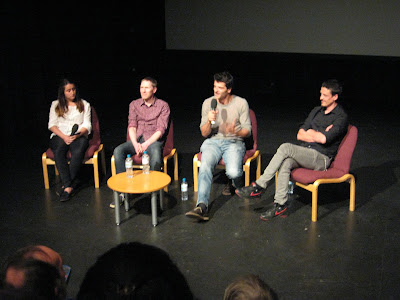How Low-Income People in Oak Grove, Missouri Have Fared After the "Economic Recovery"
I spoke with John Jones today about the food assistance programs at his organization. He’s the pastor of Faith in Christ Fellowship in Oak Grove, Missouri, which is a rural town of 8000 people just east of suburban Blue Springs near I-70. The organization started with a toiletry pantry, providing personal, household and cleaning supplies, but added food items in partnership with Harvesters food bank. He said they focused on toiletry items because he did not think the need for food was that great. Faith in Christ Fellowship serves 80 families each week, when they once only opened the pantry once a month. He’s noticed an increase in the number of visitors, especially low-income families whose income has not recovered with the end of the recession. He pointed out that people in the lower income levels have not seen their income return to pre-recession levels like many people in the top income brackets. According to US Census figures Oak Grove has a per capita income rate that is $6000




